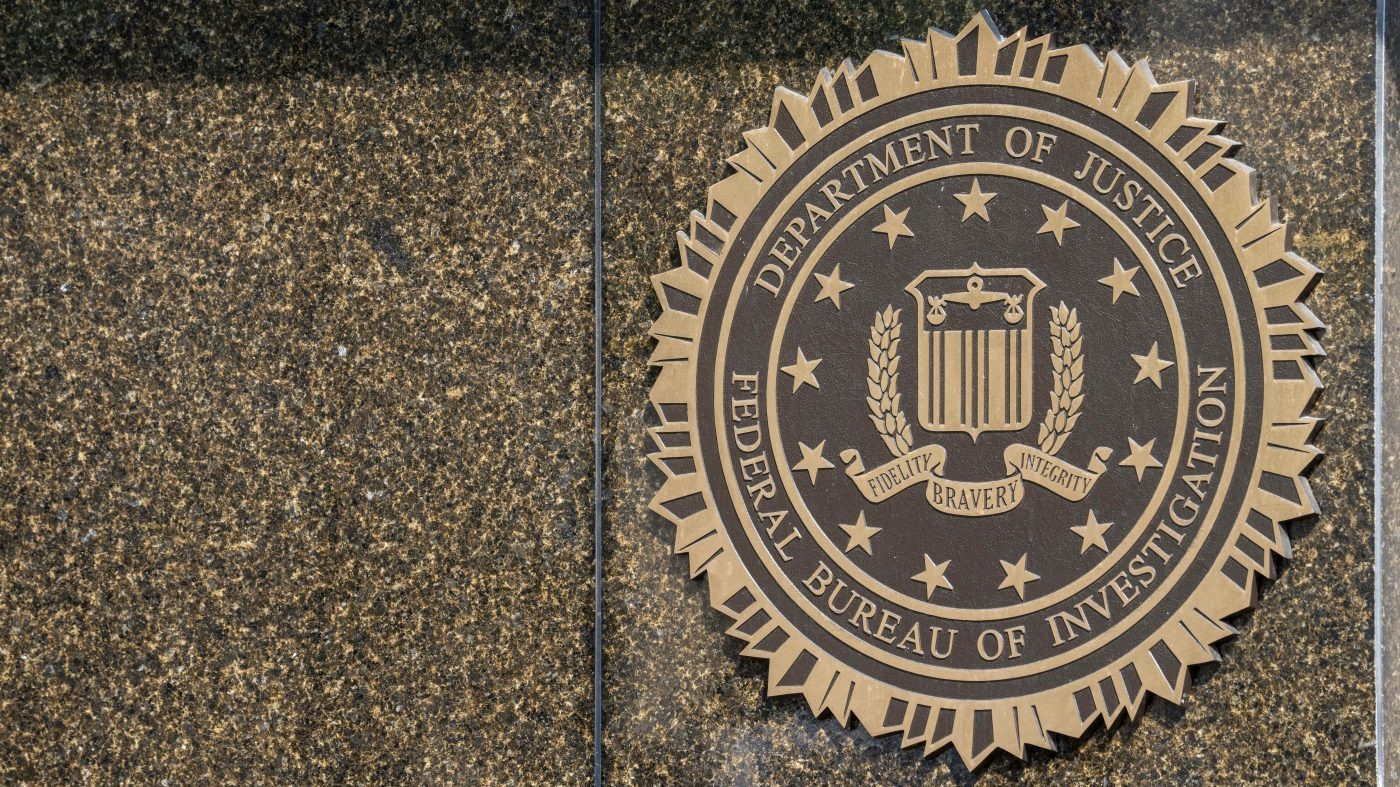Lawmakers are gearing up to debate a bill next week that aims to extend a surveillance program considered vital for national security. The program, known as Section 702 of the Foreign Intelligence Surveillance Act, is set to expire on April 19. Last year, it received a short-term extension instead of full reauthorization as part of a large defense policy bill passed by the House in December.
The upcoming bill’s fate is uncertain due to shifting political alliances and concerns raised by privacy advocates. However, senior administration officials expressed confidence that the proposed legislation strikes a balance between maintaining the program’s effectiveness and addressing privacy concerns.

Controversial Surveillance Law Up for Renewal (Credits: The Hill)
Section 702 allows the U.S. government to gather communications from non-Americans located outside the country without obtaining a warrant, with the aim of collecting foreign intelligence. Officials argue that the program is crucial for preventing terror attacks, cyber intrusions, and foreign espionage.
Despite its importance, the program has faced bipartisan criticism, particularly regarding the FBI’s access to information about Americans. Recent revelations of abuses, including improper searches of the intelligence database involving Americans, have heightened concerns among lawmakers.

House unveils new warrantless surveillance bill (Credits: Peoples)
The bill up for debate includes provisions such as requiring FBI approval for searches involving Americans, mandatory auditing of all such searches, and limitations on searches aimed solely at finding evidence of criminal activity rather than foreign intelligence.
However, there may be pushback against certain aspects of the bill, such as the administration’s opposition to a proposed amendment requiring a warrant to review search results involving Americans. The debate underscores the complex balance between national security interests and individual privacy rights.























